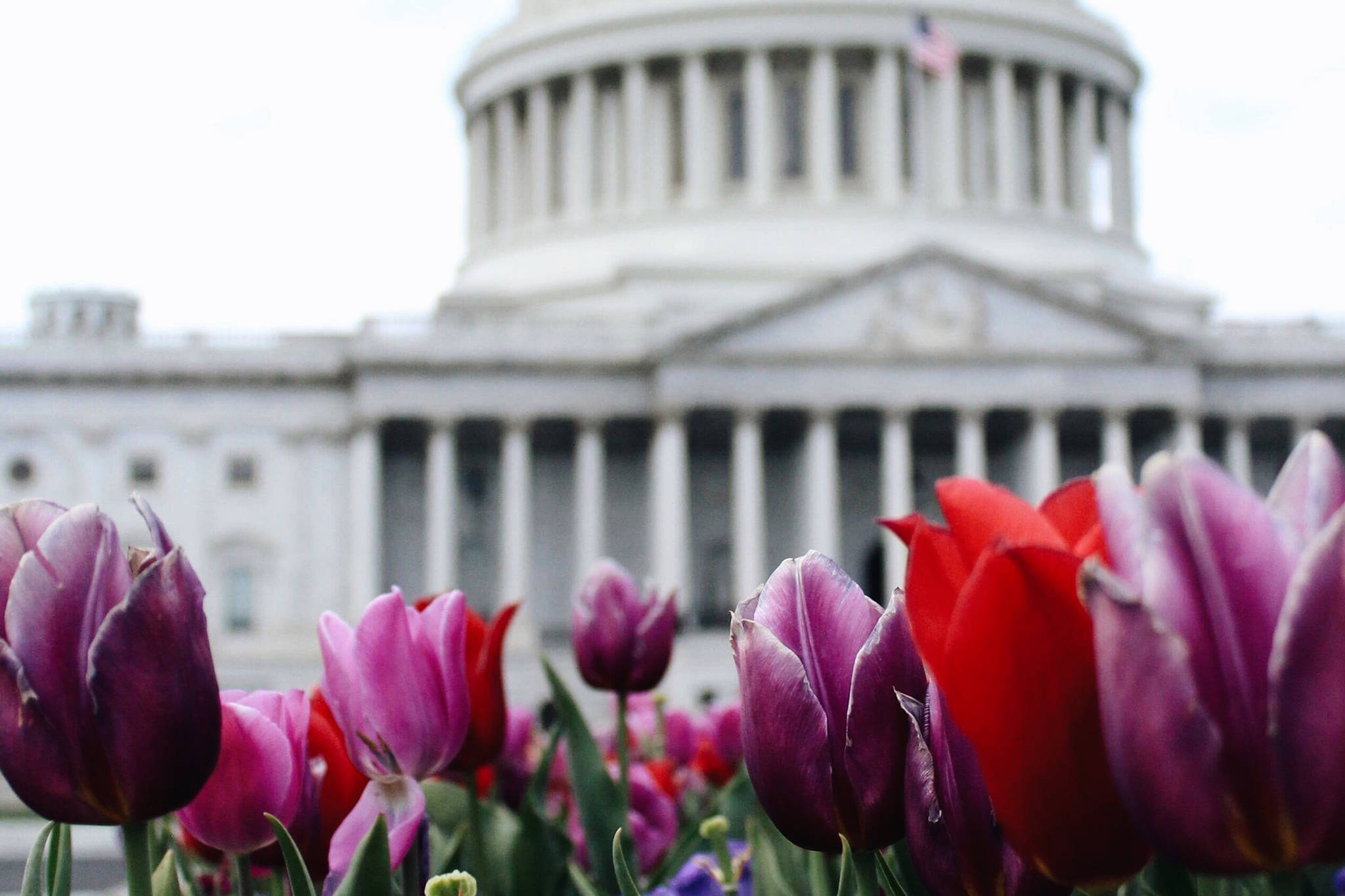In August 1964, Ernest Gruening of Alaska and Wayne Morse of Oregon were the only two members of the U.S. Senate to vote against the Gulf of Tonkin Resolution. They were both Democrats, as was President Lyndon B. Johnson, who submitted the resolution to Congress. Its passage gave him the green light to use military force in Vietnam.
Hindsight and historians tell us that Gruening and Morse made the right call. But only because their voices of dissent were dismissed by what should be known as mob politics.
That the same thing is happening today in the Republican Party is the greatest threat to American Democracy since the Cold War ended.
Last Saturday, Sen. Lisa Murkowski and six of her Republican colleagues found former President Donald Trump guilty of the charge of inciting the Jan. 6 insurrection at the Capitol. And the party leadership in their respective states is considering censuring each of them.
The Vietnam war teaches us the perils of stamping out dissension.
Gruening saw the disaster coming.
“I consider the life of one American worth more than this putrid mess,” he declared on the Senate floor months before the Gulf of Tonkin Resolution came up for a vote. “I consider every additional life that is sacrificed in this forlorn venture a tragedy. Some day—not distant—if this sacrificing continues, it will be denounced as a crime.”
Fewer than 300 American soldiers had been killed in Vietnam before he made that statement. In the ten years after the resolution was passed, another 57,000 would be lost. Between one and two million Vietnamese civilians were also killed in the war. Even if America still can’t acknowledge it, that’s a crime history recognizes
What happens when we fail to learn from such mistakes is evident in the way mob politics pushed us into war with Iraq four decades later. By wide bipartisan margins, Congress approved the “Authorization for Use of Military Force Against Iraq.” Like its Vietnam predecessor, the rationale was full of holes.
“Today I weep for my country” Sen. Robert Byrd, D-W. Va., stated during that debate on the resolution. Referring to dissenting opinions of our traditional allies, he complained that “Instead of reasoning with those with whom we disagree, we demand obedience or threaten recrimination.”
Between the wars, President Bill Clinton was impeached on two counts — perjury and obstruction of justice – by the Republican majority in the House. Sen. Ted Stevens, who called the senate verdict “the most important vote I will ever cast as a Senator.”
On the first charge, he and 10 other Republicans broke party ranks by voting to acquit Clinton. And even though he found him guilty of obstructing justice, he qualified that by stating he wouldn’t have acquitted him if he knew his vote “would be the deciding vote” that would remove Clinton from office. Because he believed allowing Clinton to finish his term was “what’s right for the nation.”
Stevens had served in the Senate 30 years at the time of his vote. He was well liked and highly respected. Dissenting from the national party consensus didn’t earn him a primary challenge or censure by party officials.
That’s what Murkowski faces. Strict obedience to the party’s dictates would have made her life easier. But that also would have required refraining from criticizing Trump’s actions.
Even Sen. Dan Sullivan, also a Republican, did that.
“Make no mistake: I condemn the horrific violence that engulfed the Capitol on Jan. 6. I also condemn former President Trump’s poor judgment in calling a rally on that day, and his actions and inactions when it turned into a riot. His blatant disregard for his own Vice President, Mike Pence, who was fulfilling his constitutional duty at the Capitol, infuriates me.”
Although I strongly disagree with his acquittal argument that the Constitution doesn’t authorize the Senate to convict a president after he’s left office, Sullivan at least those basic facts right. And that should be the cue for every Republican voter in Alaska. Instead of instinctively supporting Trump, they should have a serious, open-minded debate about Murkowski’s dissenting opinion. They might just realize that, like Gruening and Stevens, she made the right call for America today and for future generations who deserve a healthy, functioning democracy.
• Rich Moniak is a Juneau resident and retired civil engineer with more than 25 years of experience working in the public sector. Columns, My Turns and Letters to the Editor represent the view of the author, not the view of the Juneau Empire. Have something to say? Here’s how to submit a My Turn or letter.

